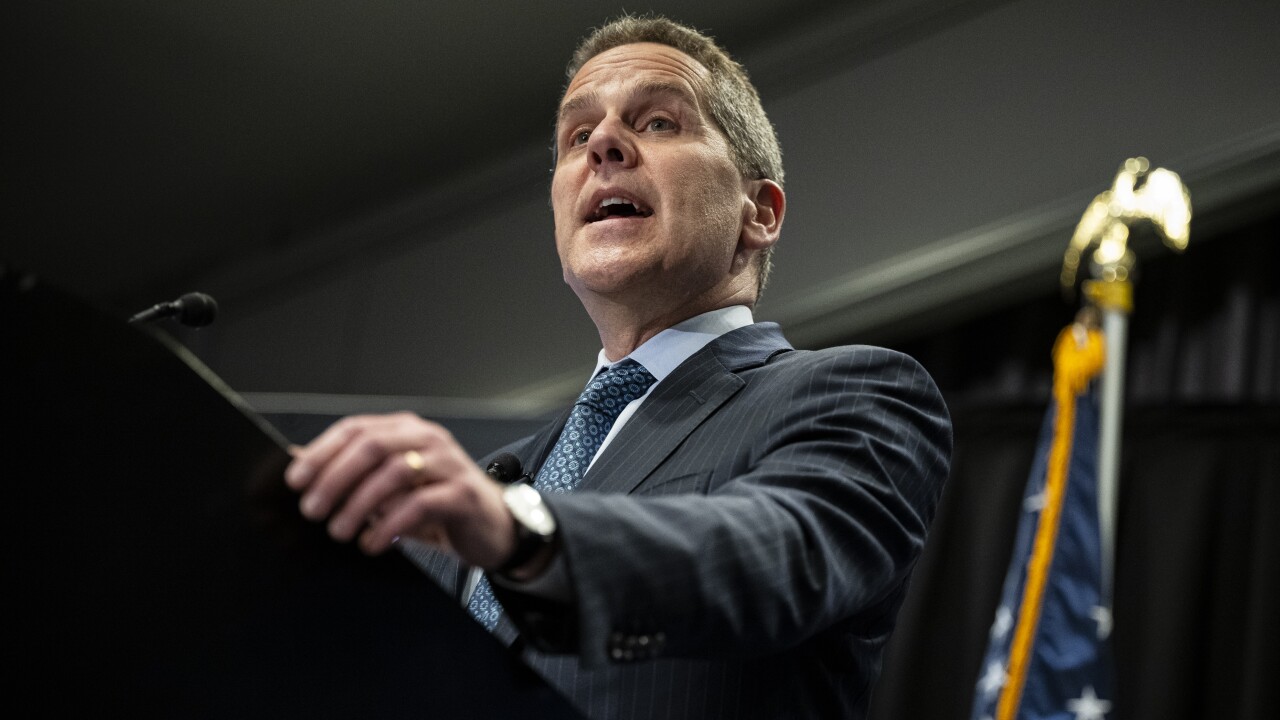
Bank of Hawaii is raising $165 million in capital as high interest rates continue to weigh on the company.
The Honolulu bank is raising the funds through depositary shares, an investment vehicle that's more accessible to everyday investors by giving them chunks of ownership in much-larger preferred shares.
The capital raise comes after a tough year for Bank of Hawaii, whose investment in bonds soured as interest rates rose and left it with large "unrealized" losses. The bank's profitability has suffered due to its lower-paying bonds, and a couple of key regulatory ratios are below those of its peers.
The bank's leverage ratio is at 7.62%, below the 9.93% average of its peer banks, according to S&P Global Market Intelligence data. Raising more capital would bring that number close to its peers, said Jeff Davis, a longtime bank analyst who is now managing director at Mercer Capital's Financial Institutions Group.
"It probably gives management and the board comfort," Davis said. "It's going to give the regulators comfort."
And it does so without diluting the existing owners of the bank's common stock, said the veteran bank lawyer Chip MacDonald.
The $23.4 billion-asset company, which did not respond to a request for comment, didn't provide extensive details on why it raised more capital. A news release announcing the offering said the funds were meant for general corporate purposes, which "may include supporting asset growth."
Casey Haire, an analyst at Jefferies, described the move as a "head-scratcher" since the 8% coupon that Bank of Hawaii will pay to shareholders will meaningfully drag down its earnings. He noted the bank's leverage ratio is above the company's long-standing target of 7% and said that the capital raise "does nothing to help" blunt the impact of unrealized losses.
"We are surprised by the raise and think regulatory pressure may be at play," Haire wrote in a note to clients.
The bank is sitting on a large pool of bonds whose value has fallen by more than 14% due to the sharp rise in interest rates that began in 2022, according to regulatory data. Though the bank's main capital ratios suggest it's in excellent shape, factoring in the impact of those unrealized bond losses makes its position look significantly worse.
The company's common equity tier 1 ratio is 11.5% but drops to 4.4% when factoring in the impact of the bond losses, Haire wrote in a note to clients. That makes it an "extreme negative outlier" compared to its peers, whose comparable average ratio is 9.2%.
"Given this equity raise does nothing to help this ratio, it is difficult to understand the motivation to raise," Haire wrote.
Peter Ho, Bank of Hawaii's CEO, told analysts in April that the bank was focused on growing capital as regulators look to require higher capital at banks.
"There's still a fair amount of uncertainty around where banks are going to be pushed to hold capital levels," Ho said.
In its news release this week, the company said it expected to close the offering on Friday.






